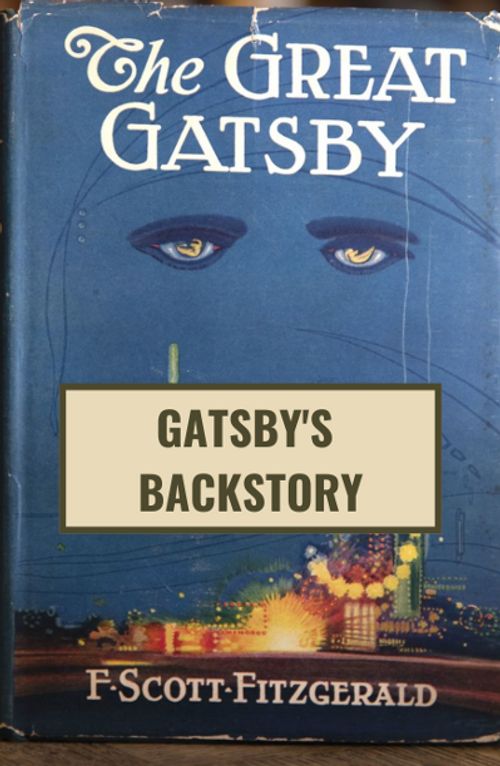The lore of The Great Gatsby
Sep 24, 2022 · 2 mins read
0
Share

Introduction. The Great Gatsby is a timeless classic. You've probably read the novel in high-school and seen the Leonardo Di Caprio adaptation. But there's a lot of interesting lore attached to this work. Discover the backstory of one of the greatest novels of all time 👇
Save
Share
The young Jay Gatsby. A short story Absolution is the prologue to this novel. The young Gatsby meets a priest who tells him to not get too close to the "glittering" spinning wheels of the amusement park because if he did, he would "only feel the heat and the sweat and the life.”
Save
Share
Fitzgerald wrote a play before he wrote The Great Gatsby, and it made his eventual masterpiece tighter and less meandering. Charles Scribner: "The special demands imposed by a play — a short work limited in time and setting — proved an ideal exercise in literary craftsmanship."
Save
Share
The strange case of The Great Gatsby's book cover. Francis Cugat’s original book cover is the "most celebrated and widely disseminated jacket art in 20th-century American literature." Yet he was paid only $100 for it and he never designed another book cover.
Save
Share
Fitzgerald, crazy about the cover, wrote to his editor Max Perkins: "For Christ’s sake don’t give anyone that jacket you’re saving for me, I’ve written it into the book." Daisy's description matches the cover: a "disembodied face" floating "along the dark cornices" of NYC.
Save
Share
Charles Scribner describes the cover: "Cugat’s small masterpiece is... symbolic, even iconic: The sad, hypnotic, heavily outlined eyes of a woman beam like headlights through a cobalt night sky. Below, on earth, brightly colored lights blaze before a metropolitan skyline."
Save
Share
Gatsby is an enigmatic and charismatic figure. And his smile has something to do with it: "He smiled understandingly - much more than understandingly. It was one of those rare smiles with a quality of eternal reassurance in it that you may come across four or five times in life."
Save
Share
Gatsby won people over by looking at them a certain way: "It faced — or seemed to face — the whole external world for an instant, and then concentrated on you with an irresistible prejudice in your favor. It understood you just so far as you wanted to be understood."
Save
Share
Fitzgerald had grand ambitions for The Great Gatsby. He wanted his book to be a "consciously artistic achievement." He wrote: "I want to write something new — something extraordinary and beautiful and simple and intricately patterned."
Save
Share
Here are the titles Fitzgerald preferred instead of The Great Gatsby: "Trimalchio, Gold-Hatted Gatsby, Gatsby, The High-Bouncing Lover, On the Road to West Egg and Among the Ash Heaps and Millionaires." His editor prevailed, and the novel now benefits from a catchy alliteration.
Save
Share
0




